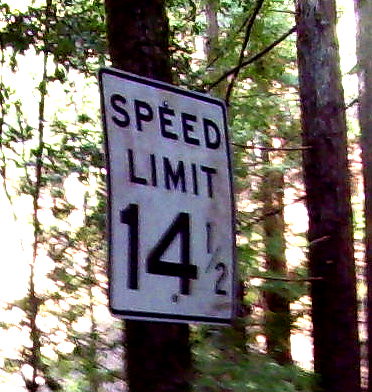You can't fall into a Goodreads group without finding a thread that discusses books and their opening lines. The first line if the hook, and that's why so many people consider it to be so important. That first line is truly the most important of the book. So...do you know how to sharpen your hook?
Reeling Them In
I don't always read blurbs, and I'm not always interested in covers. When an author or an agent sends me a review request, I only really need one thing from them: the Amazon link. With this, I go straight to the book's sample...and I read the first line. If I don't like it, that's it.
This is how a lot of readers make their decision about books. That's unfortunate for authors, because books have tens of thousands of words in them...and most of the time, you're getting judged on the first 7 you write. This creates an enormous amount of pressure to start the book off really strong. You want to be funny, touching, compelling, exciting and titillating -- simultaneously, and without creating a run-on sentence that's hard to read. That's pretty darned hard to do if you've got 7 words to work with.
That's why you have to forget about doing all of that. Don't worry about being funny or thought-provoking or anything in particular. Worry about hooking the reader. Write anything that might make them want to keep reading. One word, a single phrase, even a foreign language may be enough of a hook, if it's compelling enough. If I open a book and I see the word Fire! I might keep on reading to see what's on fire. That is how a hook works.
And yes, it's perfectly okay to resort to any cheap trick you can think of in order to write a great hook. What else is a hook but a clever trick? Ever read the beginning of Gone With the Wind? Here's how it starts: "Scarlett O'Hara was not beautiful, but men seldom realized it when caught by her charm as the Tarleton twins were." This is good stuff, people. Why's she so charming? How not beautiful is she? Who are these Tarleton twins? If the first line of your novel inspires questions, you're looking at a great hook. Curiosity is the strongest motivator, and it will keep your readers engaged in your story for as long as you can maintain it. The hook makes them curious, and that's it's magic.







.png)

















